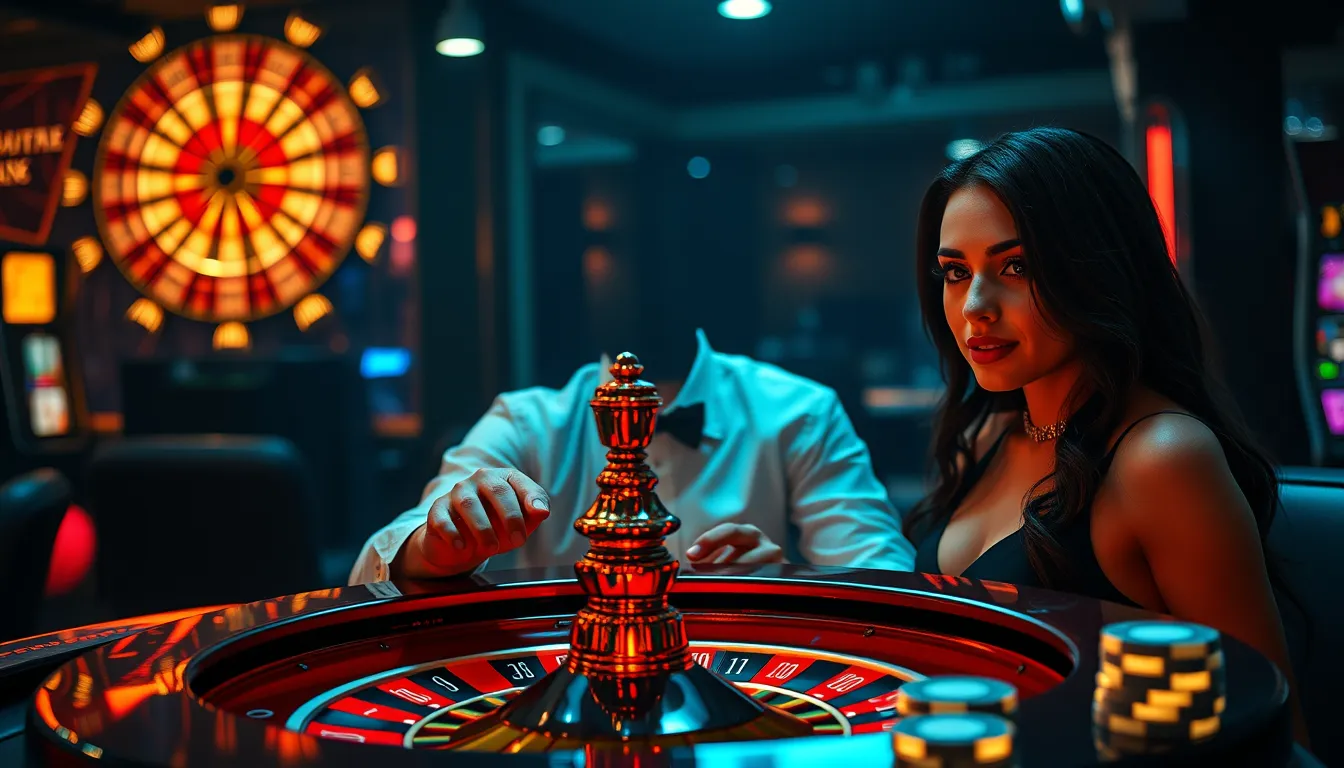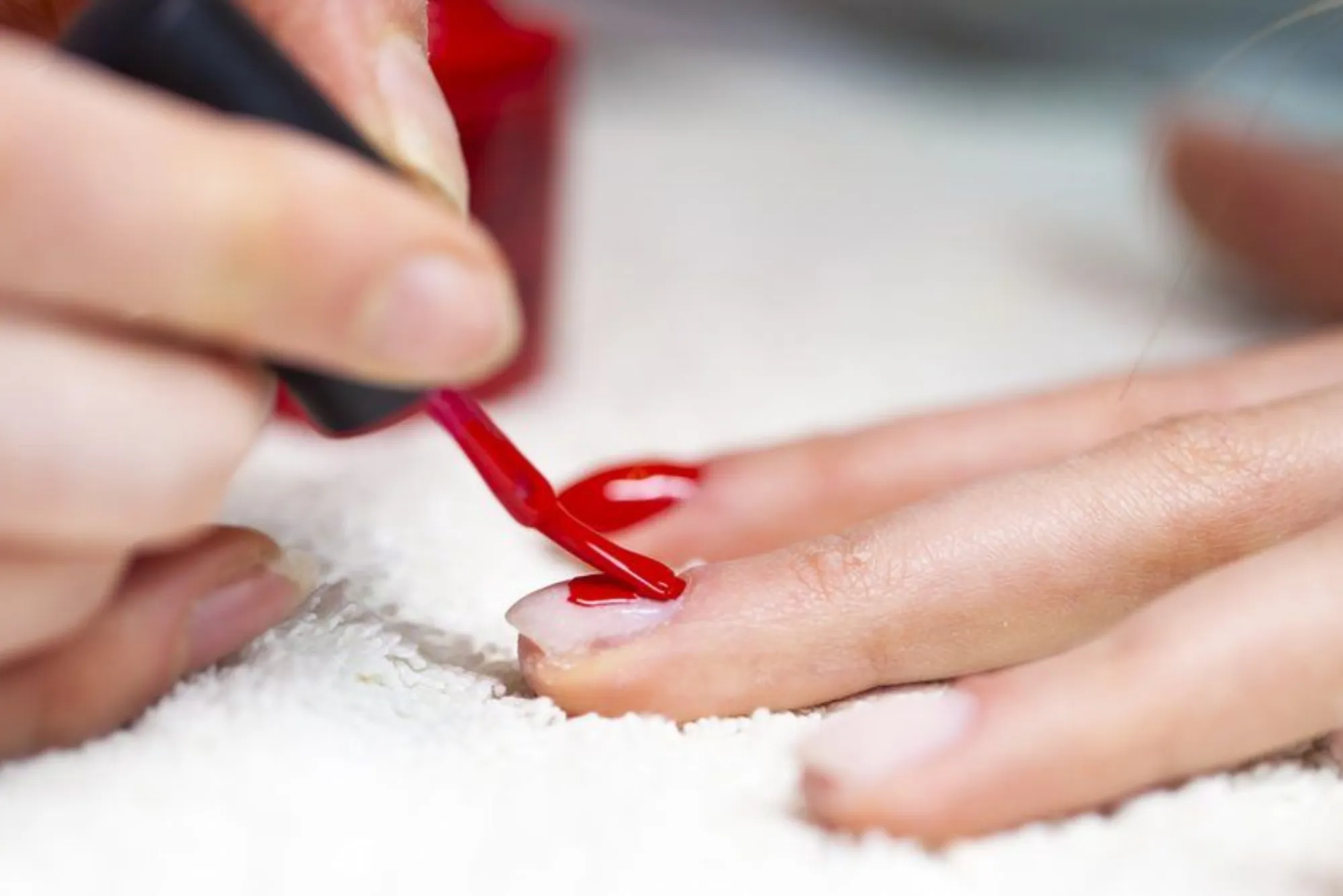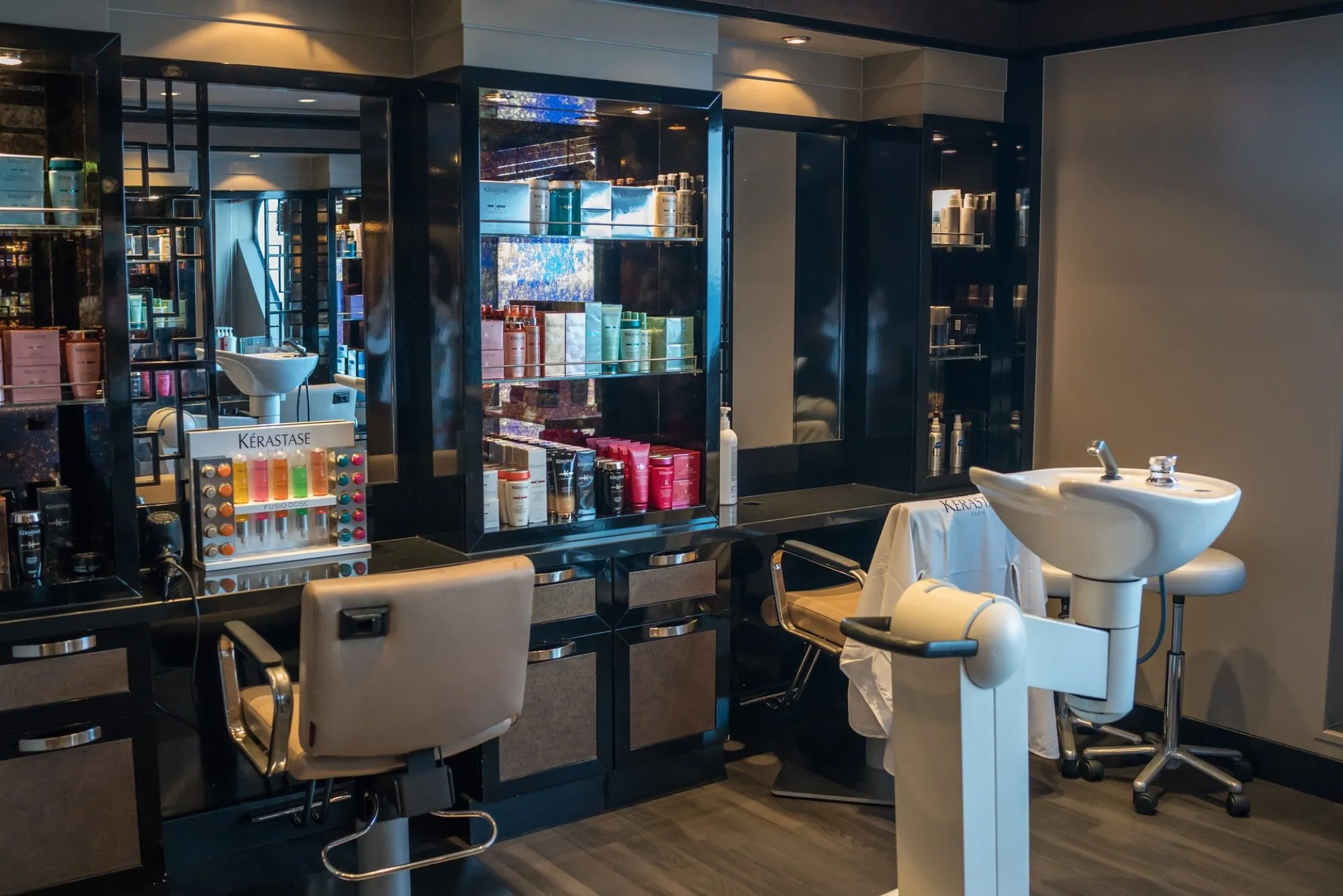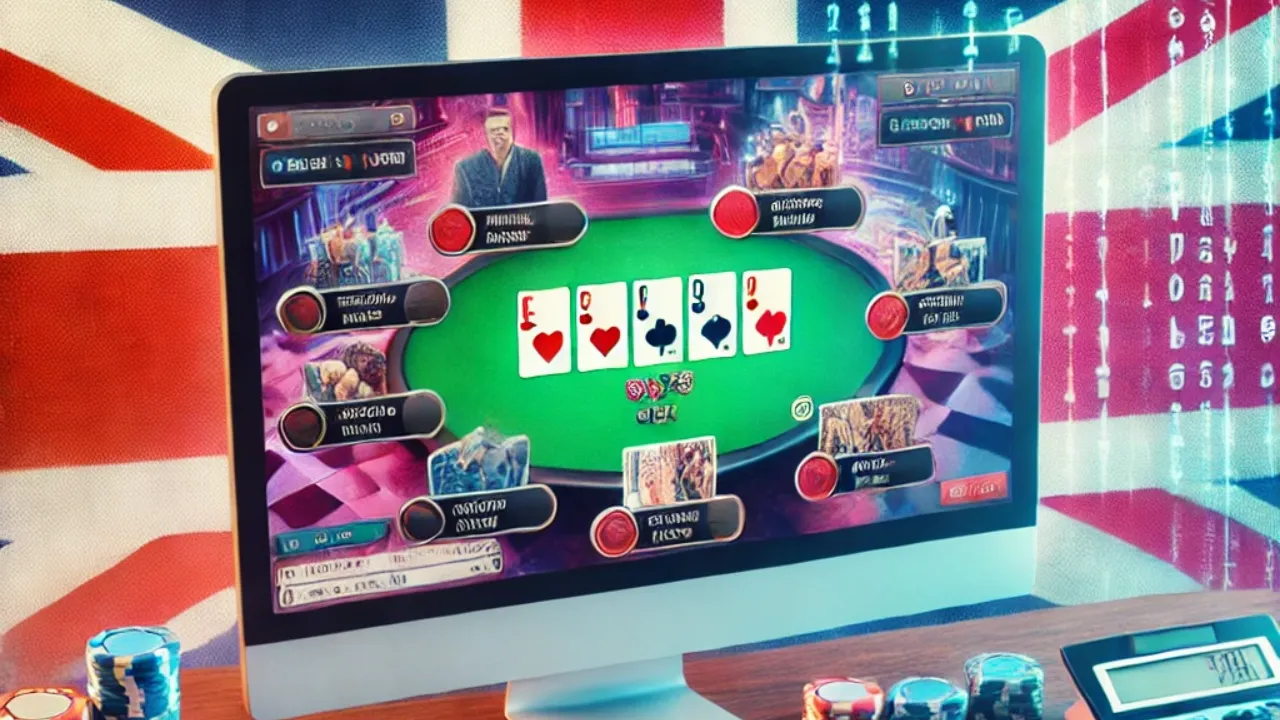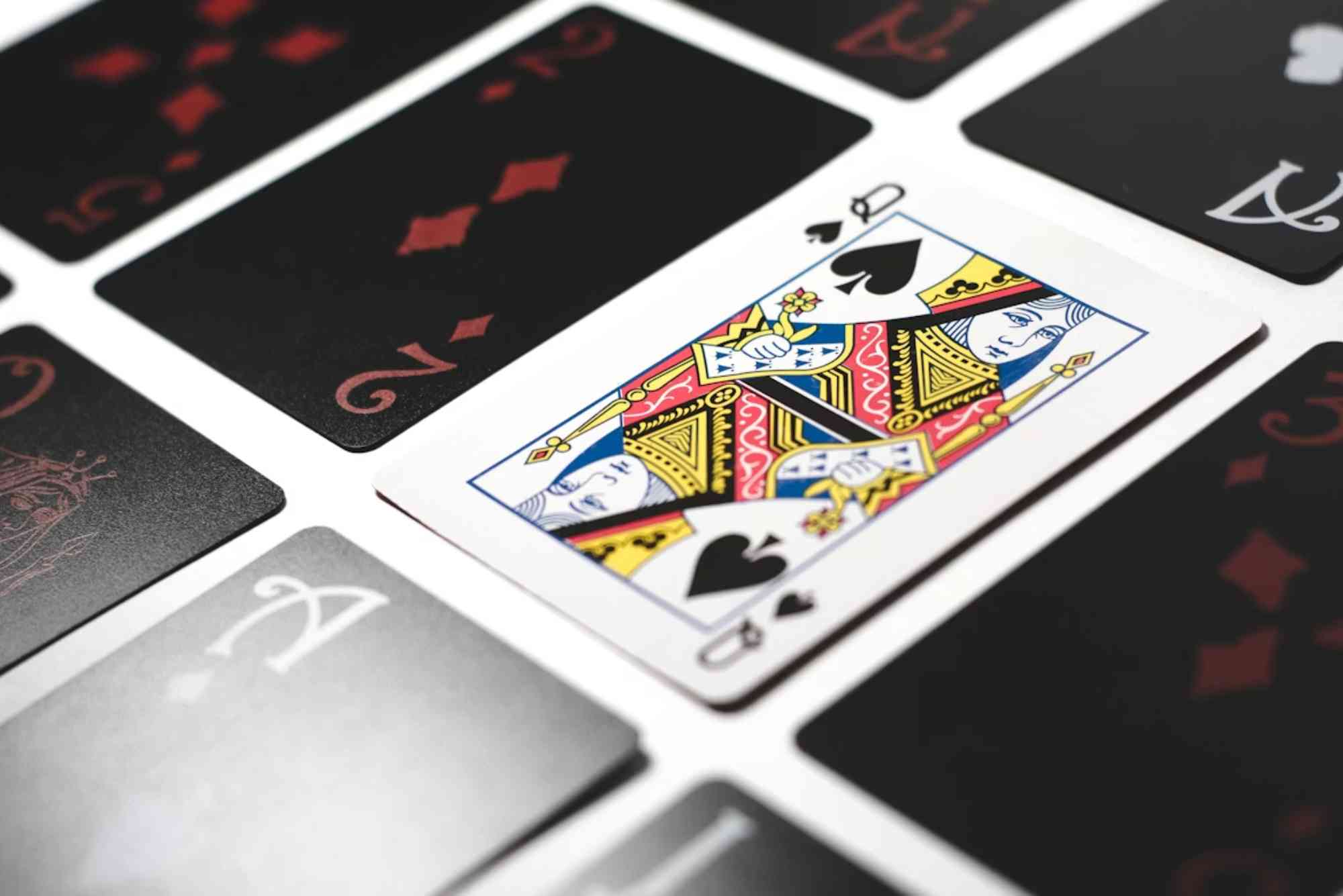Whether you’re placing a casual bet on your favorite football team or spinning the roulette wheel in an online casino, odds are at the heart of every wager. They are not just abstract numbers but the language that defines how much you stand to win and, more importantly, your actual chances of winning.
Understanding odds is the difference between making informed bets and leaving your money entirely up to blind chance. Yet many players misinterpret them, confusing potential payouts with the true probability of success. After years of watching both novice and seasoned gamblers struggle with this, I can confidently say that mastering odds is one of the most powerful skills you can bring to your gaming experience.
The Basics of Betting Odds
At their simplest, odds express the likelihood of an event happening. Bookmakers present these odds in formats such as fractional (5/1), decimal (6.0), or moneyline (+500). While the formats differ, the message is the same: how much you can potentially win for your stake and what the bookmaker believes your chances are.
For example, odds of 2/1 suggest you could win two units for every one you stake. Decimal odds of 3.0 tell you that a $10 bet would return $30 in total (including your stake). But these numbers also imply a probability—2/1 odds represent about a 33% chance of winning, while 3.0 means roughly the same.
The important part is realizing that higher payouts often come with lower probabilities. If a bet looks too good to be true, the odds likely reflect that it almost certainly is.
The Hidden House Edge in Odds
One crucial detail that many overlook is the bookmaker’s margin. Odds are not perfectly fair reflections of probability; they are adjusted to ensure the house makes money regardless of the outcome. This is why, if you add up the implied probabilities of all possible outcomes, the total will usually exceed 100%. That extra percentage is the bookmaker’s edge.
For example, in a tennis match where both players are equally skilled, true odds should be 50/50, or 2.0 in decimal format. Yet a bookmaker might list them at 1.91 each, meaning the combined probability totals about 104%. That 4% is their profit margin, ensuring long-term profitability for the house.
This doesn’t make betting unwinnable, but it does underline why players should shop around for better odds and understand that bookmakers are always a step ahead. It also highlights the importance of bankroll management, since chasing unrealistic payouts often plays directly into the house’s strategy.
How Odds Influence Player Behavior
Odds do more than reflect probabilities—they shape player psychology. When we see long odds, such as 50/1, our minds are drawn to the massive potential payout rather than the minuscule chance of success. This is why lottery tickets sell in droves despite the astronomical odds of winning.
Conversely, shorter odds give players a sense of security, even if the potential returns are modest. Betting on a heavy favorite at 1.20 may seem like “easy money,” but it only takes one upset to wipe out multiple successful bets.
I’ve seen countless players fall into the trap of chasing big payouts or clinging to low-odds “safe bets,” only to discover that both approaches can drain a bankroll quickly if not managed wisely. Smart bettors learn to balance risk and reward, identifying value rather than being blinded by either extreme.
The Role of Convenience in Betting
Modern betting platforms make placing wagers easier than ever. Online sportsbooks and casinos allow you to deposit funds, review odds, and place bets in seconds. This convenience has fundamentally changed the betting landscape, blending entertainment with accessibility.
One notable development has been the growth of credit card casinos, which enable instant deposits and withdrawals. Pairing financial convenience with clear access to odds means players are constantly in motion—seeing opportunities, reacting quickly, and sometimes betting impulsively. It’s another reminder that while odds shape your chances, your control over payments and discipline also matters.
Real-World Examples of Odds in Action
Consider a football match between a top-tier team and an underdog. The bookmaker might set odds at 1.25 for the favorite, 12.0 for the underdog, and 5.0 for a draw. At first glance, betting on the favorite feels like a sure win. But if you consistently place bets at such low odds, one loss can wipe out the profit from several wins.
Meanwhile, the underdog’s odds are enticing—betting $10 at 12.0 could return $120. But statistically, that team might only have an 8% chance of winning, making the bet more of a gamble than a strategy.
The art lies in finding “value bets”—situations where the odds underestimate a team’s real chance of winning. This requires research, intuition, and a strong grasp of probability. Over the long run, those who understand odds don’t always win big, but they lose less and sustain their bankrolls.
Odds and Online Casino Games
While sports betting odds are often openly displayed, casino games build them into the structure of play. A roulette wheel, for instance, has 37 slots in European roulette. Betting on red gives you an 18/37 chance, but the payout is only 1:1, making the true odds slightly worse for you than the bet implies.
Slot machines use return-to-player (RTP) percentages to express similar ideas. A game with a 96% RTP means that over time, players can expect to get back 96% of what they wager. The flashing lights and big jackpots mask the fact that the odds are tilted ever so slightly in favor of the house.
Recognizing these built-in odds allows players to enjoy games as entertainment rather than illusions of consistent profit.
Final Thoughts
Betting odds shape far more than just payouts—they influence how we think, act, and manage our gambling habits. They reveal the true probability of success, hide the bookmaker’s edge, and even manipulate our psychology by tempting us with either safety or massive rewards.
Understanding them doesn’t guarantee a win, but it gives you control. You begin to recognize when a bet offers genuine value versus when it’s simply designed to draw you in. Combined with responsible bankroll management and mindful payment methods, knowing how odds work can transform gambling from blind luck into informed entertainment.
So the next time you glance at a betting slip or watch the numbers flicker on a slot machine, remember: the odds aren’t just numbers. They are the framework that determines whether you’re making a smart bet or feeding into the house’s long-term plan.


